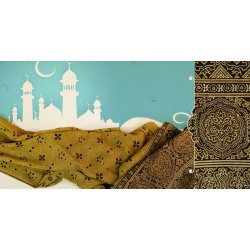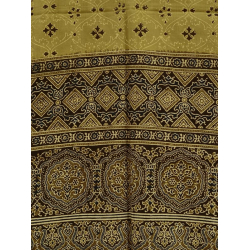- Availability: Out Of Stock
- Made & Mkt by: Sirakh Dhamadka
- Product Code: 2008-AZ10
- Weight: 180.00g
- Dimensions: 210.00cm x 55.00cm x 1.00cm
The typical dispatch time is 2-3 days; however, in special cases, it may take longer. Please refer to the product details section for specific timelines. Once dispatched, we will share the tracking details with you.
For returns, you can file a request within 24 hours of receiving the product. If the package is damaged, please make a video while unboxing and share images of the damaged item along with your return request.
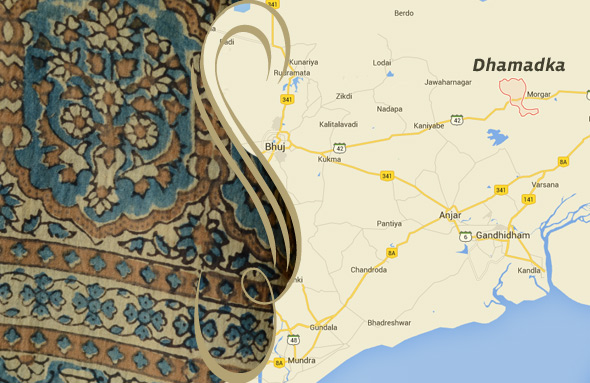
Dhamadka one of the prominent craft villages located almost 30 kms away from Bhuj is a place mentioned in several travelogues and books because of its history of hand block printing and a unique technique of Ajrakh Block Printing.
A local folklore about Ajrakh is full of stories. Some of these myths talk about how Block Printing, a Textile craft at Dhamadka in the little Rann of Kutch came to be known as ‘Ajrakh’.
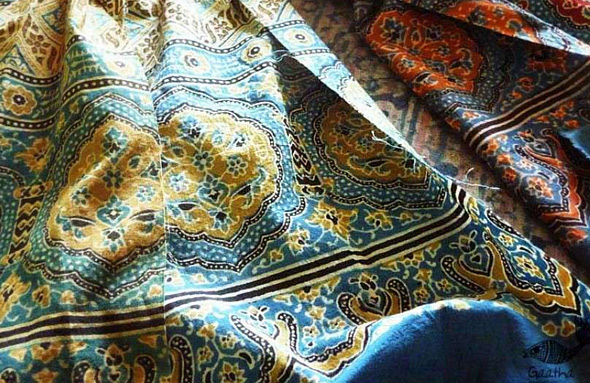
There was a king who loved to see new bedspreads every day. One fine day, one of his servants came in with a gift of bedspread with colourful and repetitive block prints on it. Struck by the beauty of the uniquely created blocks of colours placed symmetrically on the cloth, he welcomed it exclaiming, ‘Aaj rakh!’ Etymologically, ‘Ajrakh’ also means ‘Azrakh’ which is an Arabic name for the Indigo plant formerly used in Ajrakh, a type of resist printing initially.
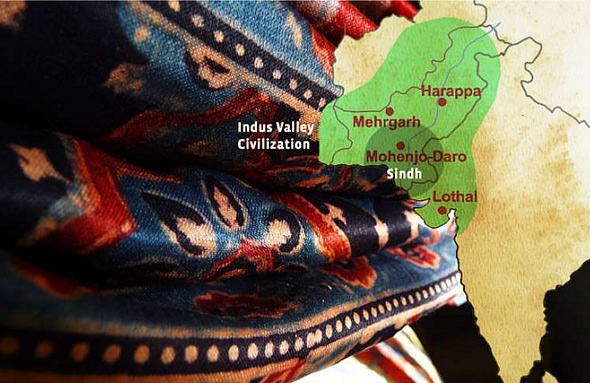
History of Dhamadka villagedates to almost 400 years ago. The families of Khatris who put colours on clothmigrated to Kutch from Sindh in the 16th century. When the king ofKutch recognized the crafts and invited them to settle in the barrenuninhabited land, along with weavers, potters and embroiderers. This Khatricommunity settled in Dhamadka for its close proximity to Saran river in whichthey washed their fabric.
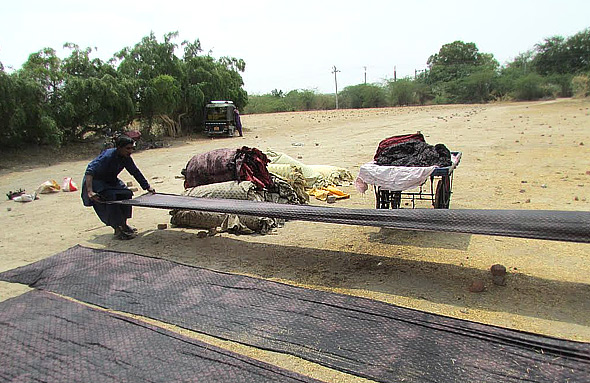
If you join on a cultural paradewith Craft to Anjar Taluka in the little Rann of Kutch and if you come acrossfabric rolls and drying fabrics of different colours and hues of rich crimson,deep indigo, mustard and greens covering the arid landscape, dried and wavingyou a ‘hello!’ it is an indication – You are in Dhamadka!
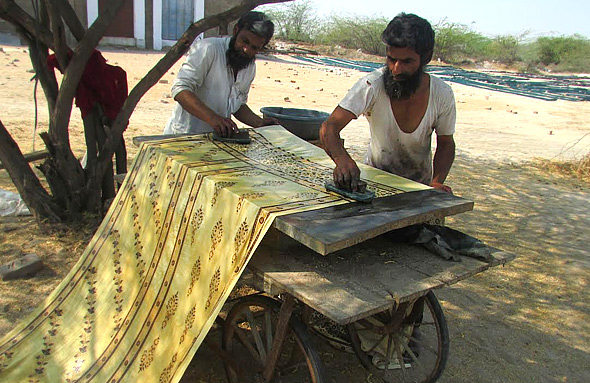
Dhamadka vibrates with skills ofpeer craftsmen and artisans whose skills create designs with combination offloral and geometrical patterns on the fabrics to bring coolness. Some familieshave a lineage that has been practicing Ajrakh block printing on fabrics datingback to few 100 years. The lives of most in the village, especially the KhatriMuslim community whose name also means one who can fill or change coloursstarts with either of 16 multifarious stages in creating the intricate blockprints on one fairly large cloth fabric like a bedspread, etc. There are singleand double sided block prints, respectively known as ‘ekpuri’ and ‘bipuri’originated in the 16th century and pioneered by the community.The artisans from Dhamadka use organic natural colours as well as chemical dyesto print the beautiful patterns on the fabrics.
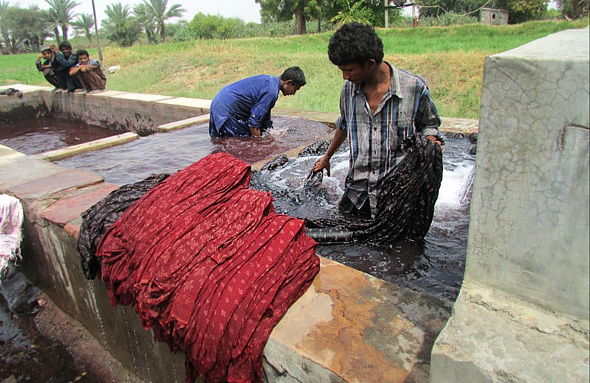
Unfortunately in 2001, a big earthquake shattered Gujarat andhad a severe effect on the artisan community of Dhamadka. Almost the entirevillage of Dhamdaka was shattered and there were huge losses in the villagealong with few loss of life. Along with the time the river had also dried upand the water levels in Dhamadka have gone down along with several impurities. TheKhatri families however were agglutinated after this episode and subsequently agroup of them moved to a new place closer to the city and named it as Ajrakhpuron the name of Ajrakh. But still there are more then 70 families practicingblock printing in Dhamadka and developing innovative products like Bedsheets,Sarees, Stoles, Scarfs, Table linens, etc. and sharing their craft across thecountry.
Text & Images by Manthan
| Craftsmen | |
| Made by | Abbdul Jabbar, Dhamaka, Kutch, Gujarat |
| Village | Dhamaka, Kutch, Gujarat |
| Material | |
| Made of | Cotton, Natural color |
| Instruction | |
| Note | As the fabric is naturally dyed, though artisans pre-process and wash fabrics before the production, still care should be taken during first 3 washes, as some of the natural dye material may wash off during initial washes. The natural dyed fabrics should be hand-washed or mild machine washed separately in cold water with mild detergents. These fabrics should not be bleached or scrubbed and should be reverse dried in shade. The fabrics should be ironed on reverse to preserve its charm. |

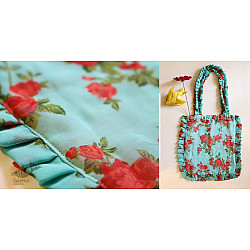
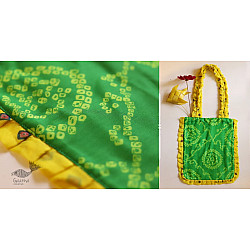
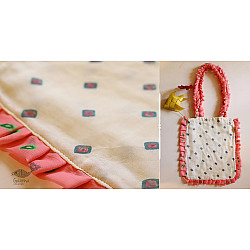
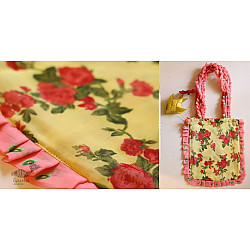
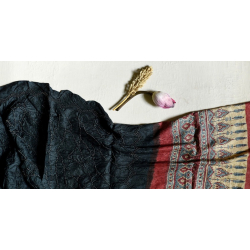
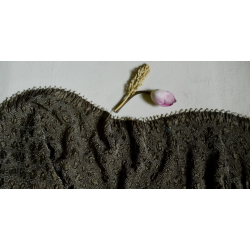
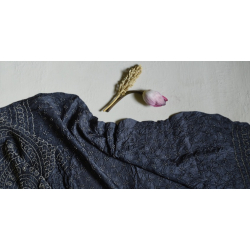
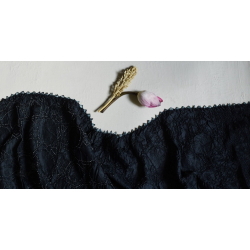
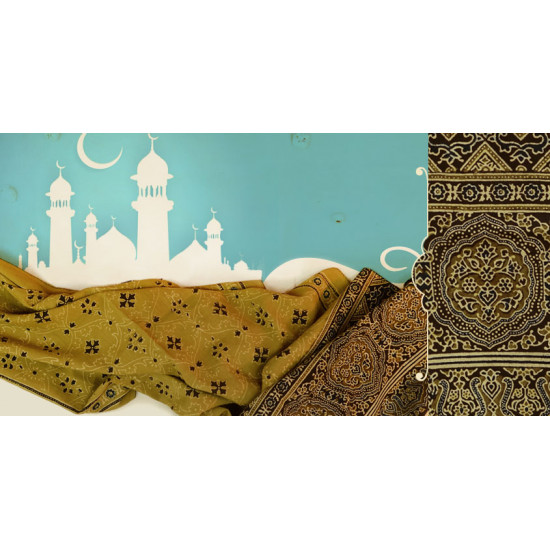
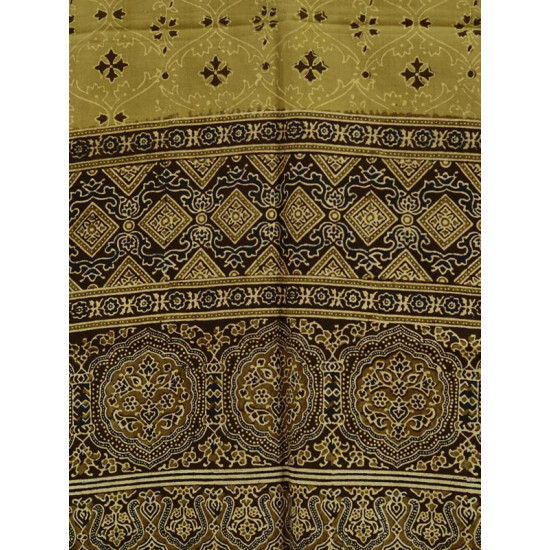
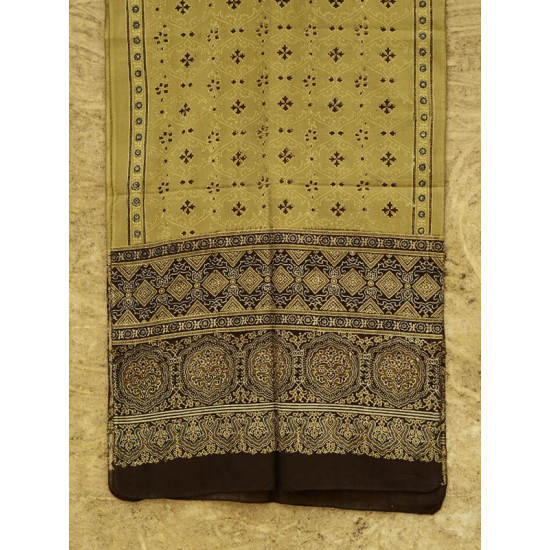




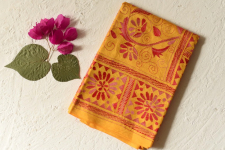
-225x150w.jpg)
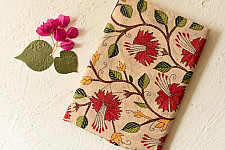
-225x150w.jpg)
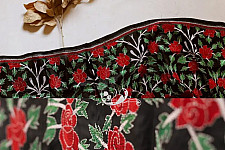
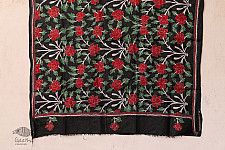
-225x150w.jpg)
-225x150w.jpg)
-225x150w.jpg)
-225x150w.jpg)
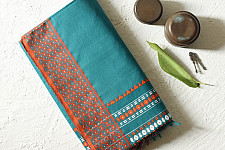
-225x150w.jpg)
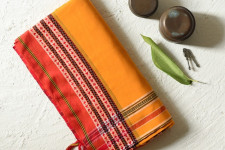
-225x150w.jpg)
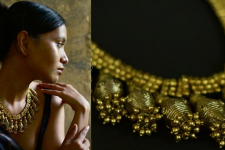
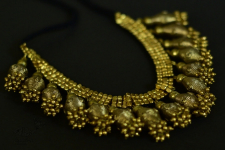
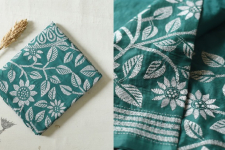
-225x150w.jpg)
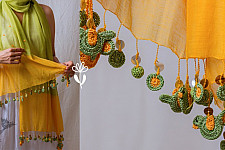
-225x150w.jpg)
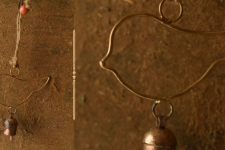
-225x150w.jpg)
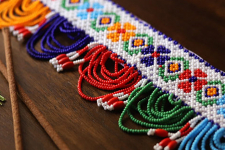
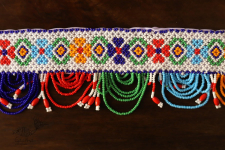
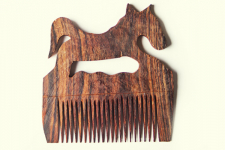
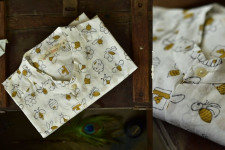
-225x150w.jpg)
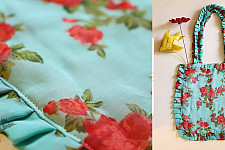
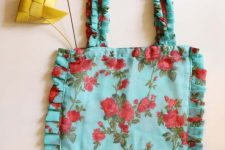
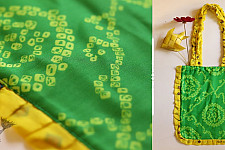
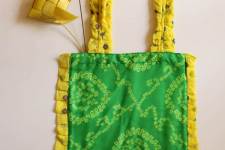
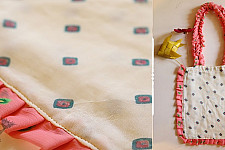
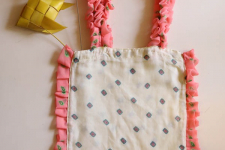
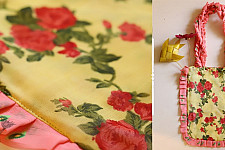
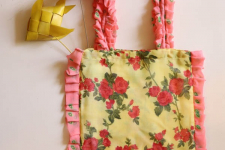
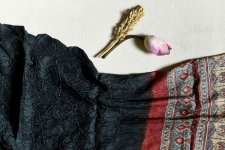
-225x150w.jpg)
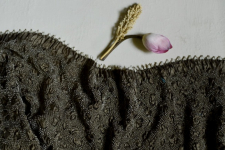
-225x150w.jpg)
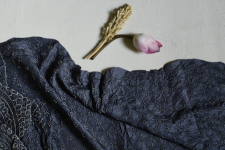
-225x150w.jpg)
